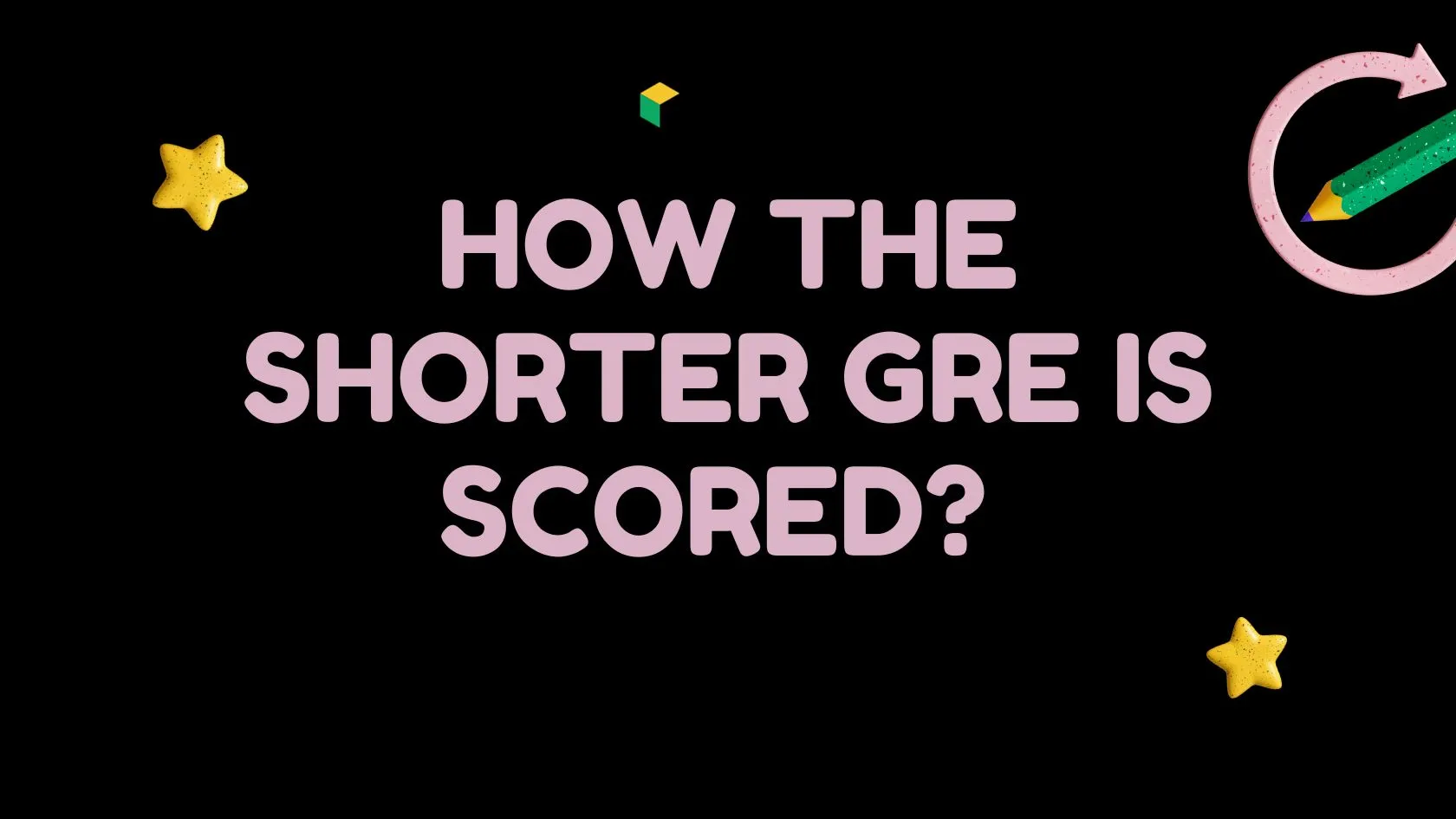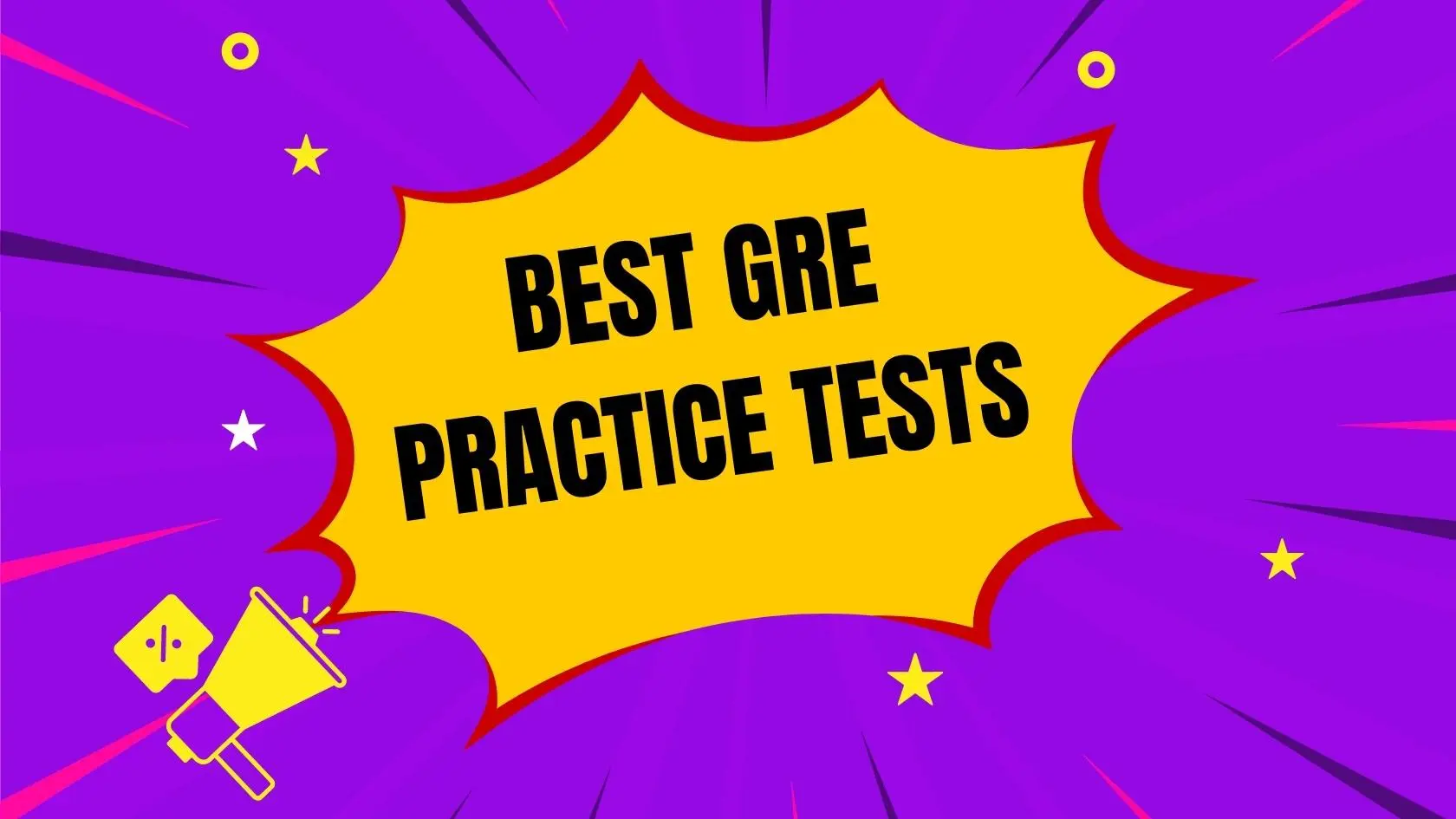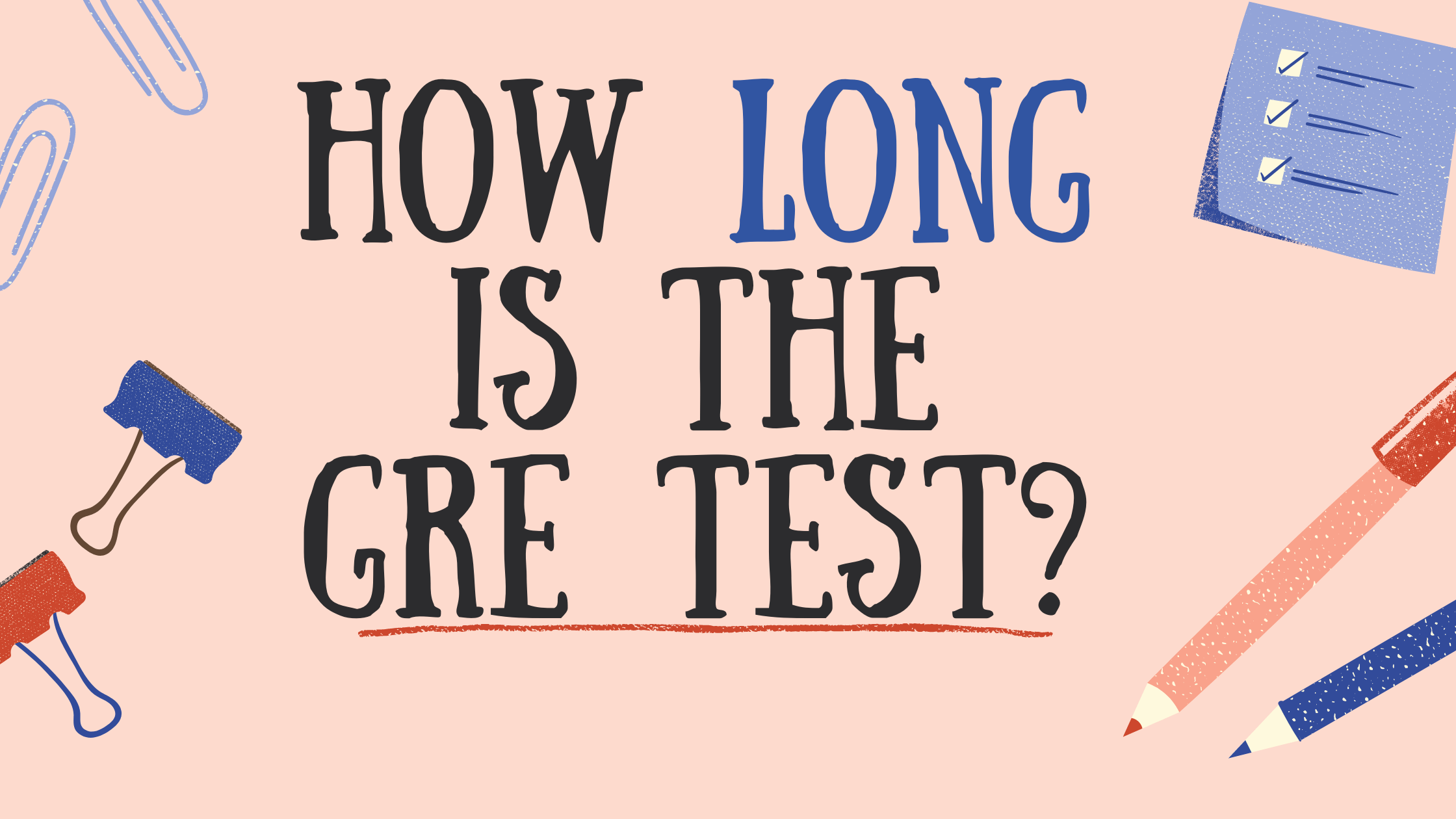So, you have decided to pursue a graduate degree and are now wondering how long to study for the GRE? Preparation time for the GRE averages between 3 to 6 months for an average score improvement of 10 to 35 points, depending on how well you do in your diagnostic test and how much you aim for in the GRE.
The GRE is a different type of test–cramming books will not result in effective scores. Thus, below is a breakdown of steps to determine how long to study for the GRE:
Step 1: Set a baseline score (Diagnostic test):
The first step in starting preparation is to assess your current position. A FREE diagnostic test is available on Scholarden, which you can use. A diagnostic test simulates the actual GRE, albeit shorter (20 questions), so it is a good measure of how well you would do in the actual GRE and helps identify weak spots.
This test will also be good practice for taking the GRE since it will familiarize you with the test format.
Step 2: Set a target score:
You will set a target score once your baseline is established from the diagnostic test. This target score depends on you and your requirements, i.e., the university or scholarship you are targeting.
For example, your target score will depend upon your major field and university choice. Generally, for top-tier CS and Engineering programs, you should aim for 165+ or, ideally, a perfect score in the math section of the GRE. Similarly, if you opt for English or Education programs, the math score may not be as necessary, and you can set a target of 150 in the math section.
On the other hand, if you opt for scholarships, such as Fulbright, opt for a total GRE score of 310+ if you opt for Social Science majors and 320+ if opting for Engineering majors.
You should be ambitious but not overambitious. Set a target that you will definitely be able to achieve in the time that you have, as it is vital in your preparation.
The gap between the target score and the current score:
The gap between your diagnostic test score and your current score is how much you want to improve. This gap also determines the amount of time you need for preparation.
Let’s consider the analogy of Google Maps, your current score is the current location, your target score is your target location, and the distance defines the travel time, i.e., the gap defines your preparation time.
Based on thousands of students’ experiences with GRE preparation, below is a list of some examples of current and target scores, along with the preparation time needed to improve:
Current score = 260
Target Score = 300
Gap = 40 Points
Prep Time = 6 months
Current score = 280
Target Score = 300
Gap = 20 points
Prep Time = 3 months
Current score = 290
Target Score = 310
Gap = 20 points
Prep Time = 3 months
Current score = 300
Target Score = 320
Gap = 20 points
Prep Time = 3 months
Current score = 290s
Target Score = 320
Gap = 30 points
Prep Time = 5 months
Current score = 290
Target Score = 325
Gap = 35 points
Prep Time = 6 months
Current score = 315
Target Score = 330
Gap = 15 points
Prep Time = 3 months
Some Important Factors to Consider
- How much time can you prep during the day?
As the GRE is taken by current students, fresh graduates, and professionals, the amount of time available during the day is not equal for everyone. Students may have extra time during the summer, while professionals only have time available after work hours or on weekends.
Other than that, there are also real-life commitments, family, friends, functions to attend, exams, traveling, projects, etc.
- Study time during the entire week
If you are a student in the middle of their semester, chances are that you can only spare time on weekends and not so much during the week. In that case, your ideal preparation time would be 2-3 hours on working days, while 6-7 hours on weekends. This may be the case for working professionals as well.
In the case of recent or fresh graduates who are not working and are focusing solely on their GRE preparation, you may be able to spare more daily hours. You may be able to go as far as 10-12 hours per day.
- Your current skills
Needless to say, the third most important factor that will guide your preparation time is how skilled you are in the GRE tests’ quantitative, verbal, and writing skills, as well as in other skills such as stamina, timing, etc.
On the basis of GRE diagnostic test, try giving yourself a number on a scale of 1-10 for all of the skills tested (mathematical, verbal, and writing). Diagnostic tests will help you self-evaluate how you can divide your study time between Quantitative and Verbal, which is particularly helpful in deciding how to prepare for the GRE.
- Reading Skills
Within reading skills, you can assess how quickly you can read and understand and how much you can skim while still getting the answers right. To build this skill, read as widely and deeply as possible. If you are an avid reader, your vocabulary will be good too.
- Math Skills
Of course, mathematical skills involve calculation, statistics, conceptual knowledge, etc. Test-takers from Engineering and CS backgrounds generally have much better math skills due to their major fields. So your preparation time will be dependent on how good are your maths skills?
- Logical Skills
Within the Quantitative section, the questions are worded as word problems. Thus, logical and problem-solving skills are most required to tackle such “real-life” problems. Also, your critical reasoning skills are tested on the verbal side.
- Test-Taking Skills
Lastly, assess how comfortable and well you adjust to testing conditions and environment. Simulate the testing conditions while practicing to build up this skill more.
According to your current and target score, you need 3 months of study time. Now, you feel that your math skills are pretty good compared to your reading skills. Then, roughly 2 months will be spent studying reading and comprehension, while 1 month will be devoted to practicing math questions.
Conclusion:
So whenever you ask, “How long should I study for the GRE?” remember these important points and factors. Divide your preparation time according to your diagnostic test results, starting from your weakest points and working your way up. Good luck!
Contact our experts for step-by-step free GRE mentoring if you still need a study plan.
Read on: Recent changes in the GRE: New Shorter GRE










5 Responses
impressive
Thank you 🙂
Impressive
Thank you 🙂
Keep it up. Thanks